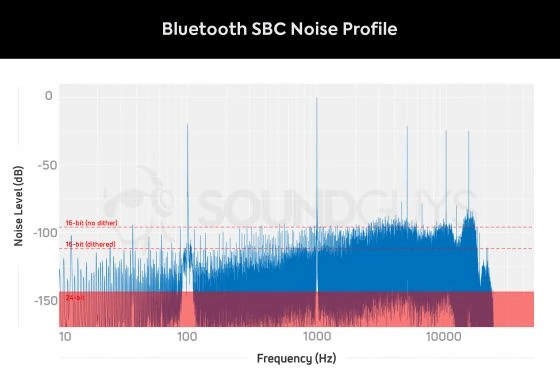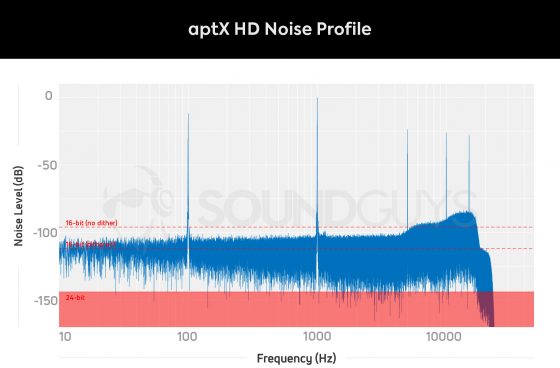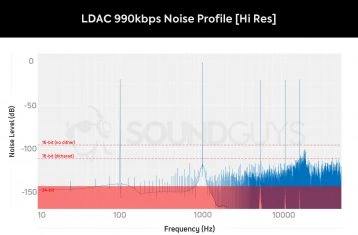Okay, this is awesome. And the only reason why it’s not known by everyone is… AptX/LDAC codec money going to Qualcomm and Sony instead.
TL,DR: If you got a linux-based source (Raspberry Pi?) or an Android phone (with LineageOS, for example – not a stock Android phone: Google don’t care), there’s a patch allowing you to simply send 452kbps to 730kbps of data to any of your devices supporting SBC. Yes. SBC. The old, shitty codec. Well, guess what. You don’t need a new receiver with AptX, AptX HD, LDAC, or AptX Lossless… but what’s interesting is, SBC might even sound better than all of em.
You want good audio via Bluetooth, no compromises?
Well, there’s LDAC, but LDAC isn’t one audio quality level, it’s… three (330kbps/660kbps/990kbps). And most of the time, your source won’t allow you to lock it to one “level”. It will just… ping-pong around. One big problem: 330kbps actually measures/sounds worse than SBC (yay, hi-res™ ![]() ).
).
A few (like, maybe 25 devices on the entire planet?) now support “AptX lossless”. Wanna laugh? AptX Lossless is variable bitrate and can go down to 140kbps. This is quite laughable, even if it means “10 seconds of lag before your bit-perfect audio plays”.
AptX HD is 576kbps. Only. Set-and-forget. Great. This is probably the best option right now. Well, what if it is not? And what if your receiver doesn’t support AptX HD?
The website above allows you to hear the differences between bluetooth codecs… By encoding and decoding files straight into your web browser. So, with your own reference system, your all wired dacs, amps, speakers, headphones.
The first codec is SBC… the second codec option is SBC at 452kbps “Wha? This is AptX territory.” Well, this is SBC-XQ EDR2 (452kbps for 16bit/44.1khz, 492kbps for 16bit/48khz). You can even bump the SBC “bitpool” to 47 for what is called SBC-XQ EDR3 (551kbps for 16bit/44.1khz, 600kbps for 16bit/48khz).
Actually, if you have LineageOS, you can do setprop persist.bluetooth.sbc_hd_higher_bitrate 1 for the lowest possible quality to be 595kbps. This is higher than AptX HD.
On the website, even Aptx HD, to my ears, sound “nasally”. It is lacking low-mids compared to SBC-XQ. Even at 452kbps. But good luck hearing a difference between “None” (original, full-quality FLAC files) and SBC-XQ. Even with your headphones on your reference system.
The secret to high-quality audio via SBC is that almost all modern BT headphones, speakers, receivers support SBC bitrates up to 730 kbit/s just out of the box (and this is a quote from 2019). Bluetooth allows it. Your old receivers can do it. It’s just NOT implemented in your devices (bluetooth sources / players).
If you have anything bluetooth, it has SBC (this is the standard, mandatory codec) and therefore it is compatible with SBC-XQ. This got the potential to revive a lot of your old or forgotten bluetooth speakers/headphones that “sounded like shit”… and make em sound way better.
Well, enjoy! ![]()



